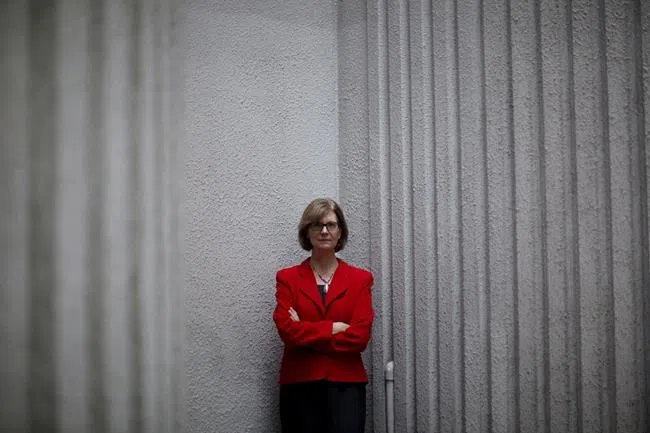
U.K. ‘loneliness minister’ puts spotlight on issue Canada also needs to tackle
VANCOUVER — The appointment of a minister of loneliness in the United Kingdom to tackle social isolation is an acknowledgment of a problem Canadian experts say needs to be addressed here as well.
B.C.’s seniors’ advocate Isobel Mackenzie said whether government intervention is the right approach remains to be seen, but it at least highlights social isolation as an important issue that merits public discourse.
“It’s getting the conversation going,” Mackenzie said. “It’s something a lot of people don’t think about who aren’t isolated and lonely. … They don’t think about the person who is not reaching out to them.”
Andrew Wister, director of the gerontology research centre at Simon Fraser University in B.C., said studies have found about one in five Canadians experience some degree of loneliness or social isolation.
